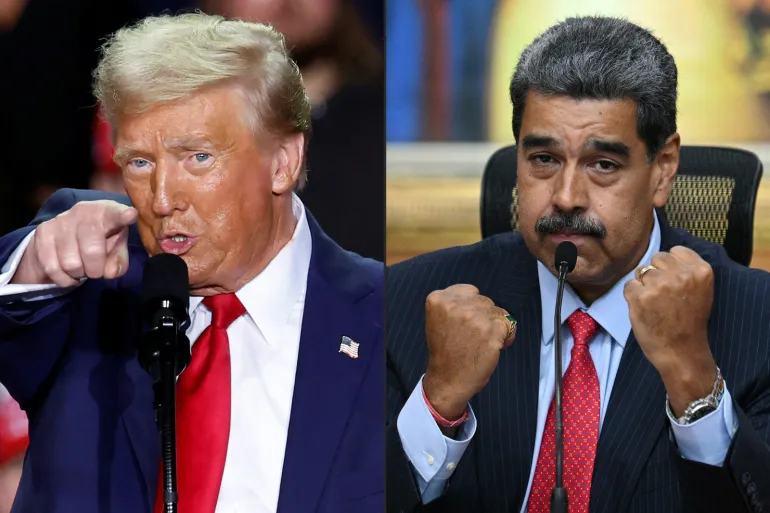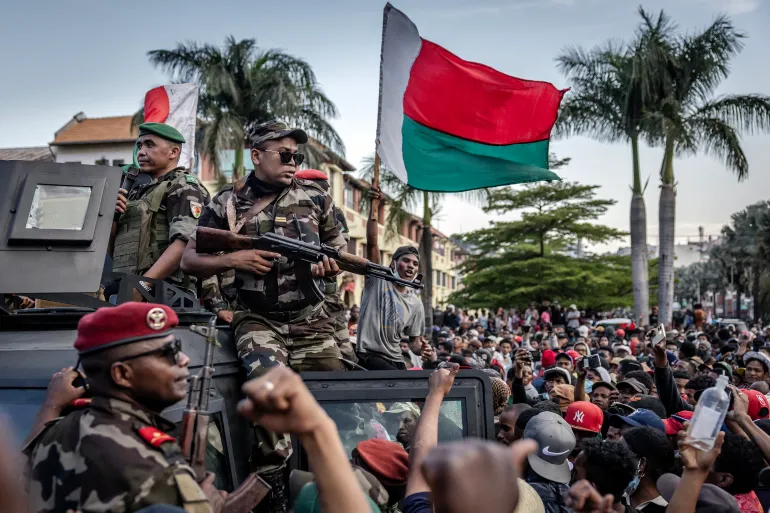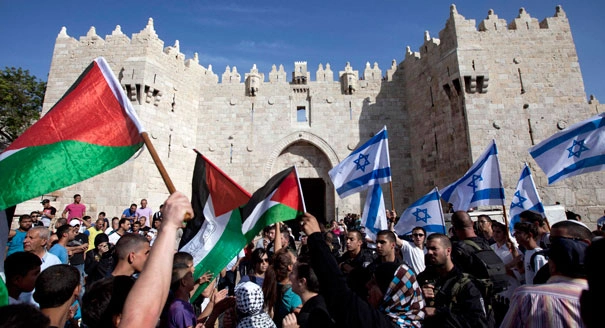Inside Donald Trump’s Covert Operations and Regime Change Strategy in Venezuela: Comprehensive Analysis and Implications 2025
A New Chapter in U.S.-Venezuela Tensions
In 2025, President Donald Trump’s administration has markedly escalated its approach toward Venezuela, authorizing covert CIA operations and contemplating military actions aimed at removing President Nicolás Maduro. This pivot signals a dramatic upgrade in U.S. policy, with implications not only for Venezuela but also for regional stability and international relations. This post explores the background, ongoing developments, rationale, and consequences of this high-stakes confrontation.
Historical Context: U.S. Interventions in Latin America
The U.S. has a long history of interventionist policies in Latin America, often justified under the guise of promoting democracy or combating drug trafficking. From the Cold War-era covert actions to more recent sanctions regimes, the U.S. has repeatedly pursued regime change efforts. Trump's 2025 initiative builds on this legacy but is distinguished by an unprecedented blend of covert operations and direct military threats.
Trump’s Authorization of CIA Covert Operations
In October 2025, Trump publicly acknowledged approving clandestine CIA operations in Venezuela. This authorization allows the agency to conduct lethal missions and various covert activities targeting the Maduro regime both within Venezuela and across the Caribbean. This move was disclosed following a series of U.S. strikes on vessels suspected of drug trafficking linked to Venezuelan cartels in international waters, signifying a marked shift from earlier diplomatic engagements to aggressive actions.
Military Buildup and Possible Land Operations
Alongside covert CIA actions, the Trump administration has deployed warships, thousands of military personnel, fighter jets, and naval assets to the Caribbean region near Venezuela. Trump hinted at the possibility of land-based operations, signaling a potential for further escalation. This strategic buildup is fashioned as part of a "maximum pressure" campaign targeting Venezuela’s alleged narco-terrorism infrastructure.
Justifications: Drug Trafficking and Security Concerns
Central to Trump’s rationale is the allegation that Venezuela serves as a major transit point for cocaine destined for U.S. markets, facilitated by corrupt Venezuelan officials including Maduro, accused of ties to the "Cartel de los Soles." Trump has amplified efforts by doubling bounties on Maduro and portraying Venezuela as a national security threat due to the drug flow. These assertions frame the U.S. military and covert actions as part of an anti-narcotics campaign, though the scale and methods represent a new level of intervention.
Legal and Ethical Considerations
The Trump administration's covert authorization and military strikes have sparked debate over legality. Questions revolve around sovereign rights, the authorization of force without explicit Congressional approval, and compliance with international law. The use of lethal force in international waters without Coast Guard involvement and reliance on classified military directives and Non-Disclosure Agreements raises transparency and accountability concerns.
Venezuelan Government and Regional Response
Nicolás Maduro’s government condemns U.S. actions as illegal aggression aimed at destabilization. Maduro’s regime has urged calm but maintains a defiant stance, warning against foreign intervention reminiscent of historic CIA coups in Latin America. The heightened U.S. military presence has prompted regional unease, particularly in neighboring Colombia and Caribbean nations, wary of being drawn into escalating conflict dynamics.
Impact on U.S.-Venezuela Relations and Broader Geopolitics
Trump’s approach has effectively ended diplomatic overtures, shifting toward coercive tactics blending intelligence operations, military force, and economic pressure. This hardline stance complicates regional diplomacy and risks exacerbating humanitarian challenges within Venezuela. It also exemplifies the Trump administration’s increasingly confrontational posture in global hotspots, aligning with other contentious foreign policy moves seen in recent years.
Political Stakes and Future Prospects
Domestically, Trump’s Venezuela policy is viewed as part of a broader strategy to demonstrate strength and resolve, appealing to constituents concerned about drug trafficking and immigration. Internationally, the stakes include risks of wider military conflict, strained alliances, and the potential for protracted instability in Latin America. The outcome hinges on various unpredictable factors, including Maduro’s resilience, regional diplomatic efforts, and international responses.
A Critical Juncture in U.S.-Latin America Relations
President Trump’s 2025 Venezuela policy represents a significant escalation in covert and overt efforts to influence regime change, framed around combating drug trafficking and asserting U.S. security interests. As U.S. actions intensify, monitoring the evolving geopolitical consequences and legal debates will be essential to understanding this unfolding crisis, which carries profound ramifications for the future of Venezuelan governance and regional stability.






Leave a Reply